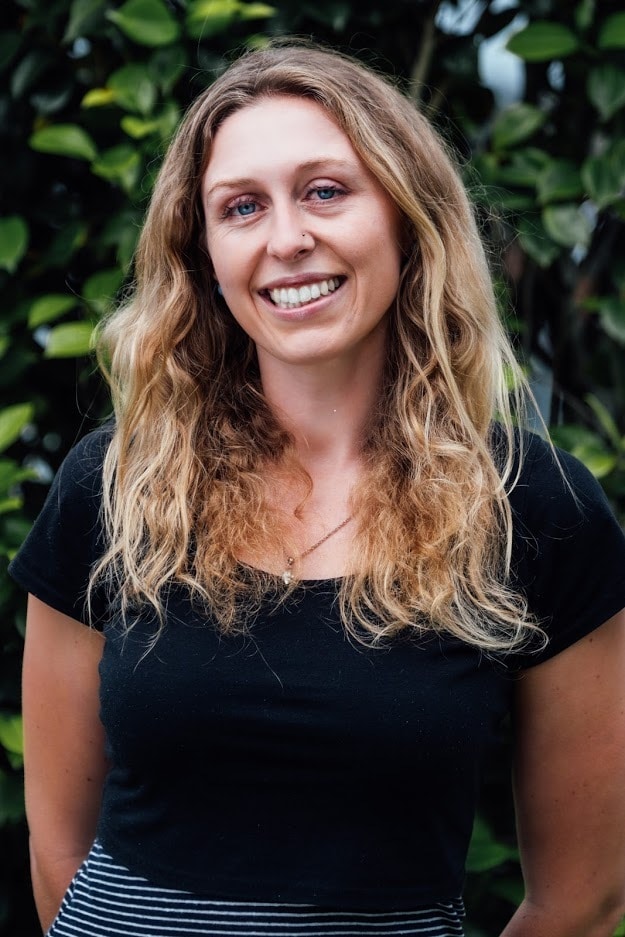This May, Tauranga was the proud host of the Stormwater Conference 2021. In 2020, we were living in a rapidly changing world due to the recent emergence of COVID-19 and the delegates of the conference were unable to meet face to face. This year the opportunity to mix and mingle, discuss challenges, and share innovative ideas was relished and the conference had a record attendance. As a local Tauranga consultant, it was exciting to have the opportunity to meet and converse with the people who had travelled across New Zealand to attend, as well as the Bay of Plenty locals who are working for positive change in the stormwater space.
The conference began with a keynote address from Tina Porou, an environmental planner whose expertise is connecting mātauranga Māori with technical skills in the planning field. Tina spoke about Te Mana o te Wai, words which were constantly on the lips of conference attendees over the three days. For me, Tina’s presentation was one of the most memorable moments of the conference. Her explanation of what it means to protect, enable, and regenerate provided real clarity for me around the concept and implementation of Te Mana o te Wai. She acknowledged the challenges but spoke with a positivity that was inspiring. While Te Mana o te Wai itself is a new concept to many, the holistic approach and principles driving Te Mana o te Wai is not new. There will be a strong focus on collectively moving forward with the implementation of Te Mana o te Wai. Tina’s address was a perfect way to set the tone for the discussions that followed during the afternoon and over the next couple of days.
The highlight of day 2 was a fish passage workshop. The discussion easily filled the two and a half hours that it was allotted, with feedback flowing for the 2018 Fish Passage Guidelines. The room was filled mainly with engineers, with only a handful of ecologists representing their field. The discussion highlighted the challenges that arise when approaching fish passage design from an engineering perspective, and the value that an ecologist contributes. Similarly, the discussion enabled the ecologists to understand the perspective of the engineers and the challenges they face in designing structures that are not only fish-friendly, but safe, cost-effective and easy to maintain. Ultimately, the answer is collaboration from the early stages of design: between engineers, ecologists, and project managers.
The final day of the conference was about getting out and exploring in the field. The second week of May and the week of the conference was, unfortunately, the week that the weather seemed to shift from summer to winter. Yet, although day 1 and 2 were grey and dull, the sun shone on our site visits. I elected to attend the field trip that exhibited the local success stories of stormwater: Kopurererua Wetland and Te Ara o Wairakei. We were able to observe what collaboration between tangata whenua, the community, and councils can produce: a positive outcome for stormwater management and recreational amenity.
As an ecologist working in freshwater management, I came away from the conference with a greater understanding of Te Mana o te Wai: what it means to iwi, what it means in terms of cultural monitoring and cultural indicators, and the value it has as a collective mentality for all working in the management of water. I also left with certainty that collaboration is key. The sharing of knowledge and expertise – whether that be engineering understanding, ecological expertise, mātauranga Māori, or input from another field – and working together to produce innovative ideas and freshwater management solutions will benefit communities now and in the future.
This article is intended only to provide a summary of the subject covered. It does not claim to be comprehensive or to provide advice. No person should act in reliance on any statement contained in the article without first obtaining specific professional advice. If you require any advice or further information on the subject matter, please contact us.
